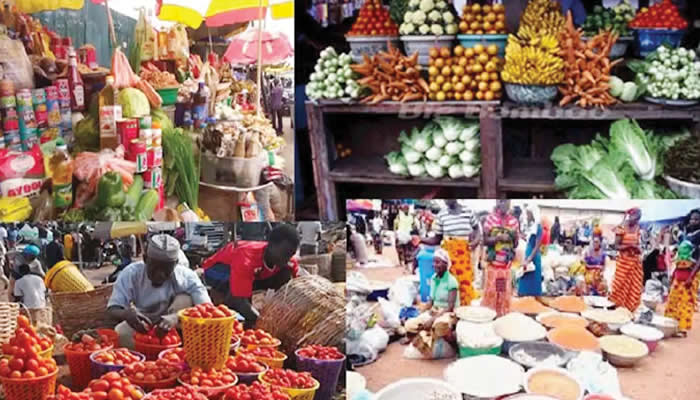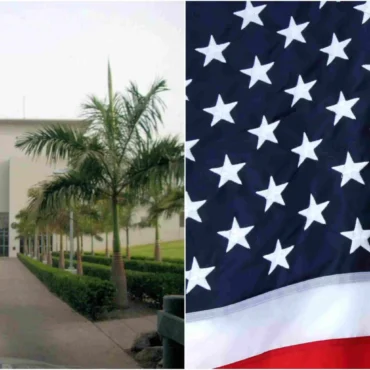Nigeria’s agricultural import bill soared to N2.22tn in the first half of 2025, drawing strong criticism from farmers, rice millers, and stakeholders who argue that the Federal Government’s policies are undermining local production and worsening food insecurity.
The stakeholders also criticised the recent order by President Bola Tinubu to reduce food prices. On September 11, 2025, it was reported that Tinubu ordered a Federal Executive Council committee to further crash the prices of food items across the country.
The Minister of State for Agriculture and Food Security, Sabi Abdullahi, stated this in Abuja, while presenting a paper at a one-day capacity-building workshop for journalists covering the Senate. He said the President’s order would be enforced to further crash prices of food items by ensuring the safe passage of products through various routes across the country.
“I can say it on good authority to you that the President has given a matching order to a Federal Executive Council committee already handling it. On how we are going to promote the safe passage of agricultural foods and commodities across our various routes in the country.
he fallout from duty-free importation has hit local farmers hard. Ibrahim noted that maize, which once sold for about N60,000 per tonne before the duty-free policy, now goes for about N30,000, leaving farmers unable to recover input costs. “Our farmers are not happy; they are not even back to their farms now because maize prices have collapsed. They cannot buy fertiliser, and the effect is adverse,” he said.
National Secretary of the Small-Scale Women Farmers Organisation in Nigeria, Chinasa Asonye, highlighted how high input costs and poor-quality subsidised products have crippled production. “Fertilisers and herbicides have become unaffordable. Some of the subsidised inputs distributed were expired and caused more harm than good. Government must subsidise inputs so farmers can produce at a reasonable cost,” Asonye said.
She warned that hoarding by traders and government agencies worsened the food crisis. “Some people stored grains in silos expecting to sell when prices rise, but the reverse happened. Grains bought at N140 per kg now sell for N70, and many are running at a loss. Worse still, some imported rice sold at N Stakeholders agreed that piecemeal interventions—whether through duty-free waivers, directives to crash food prices, or delayed tractor distribution—cannot sustainably address Nigeria’s food crisis.
Dama cautioned, “Yes, reducing transport costs will bring some relief. But the government must also engage rice millers, farmers, and private investors. Import licences should not replace real investment in local production. If we continue like this, we will never be food-secure.”
Asonye added that small-scale farmers, especially women, face the greatest risks. “If farmers cannot break even, they will abandon production or resort to strike actions. That will deepen the food crisis.”48,000 has weevils and is not even edible.






Post comments (0)